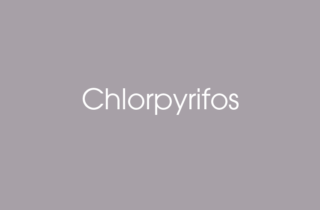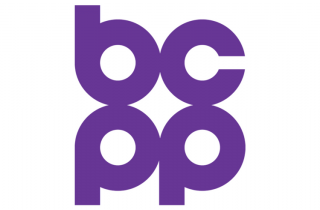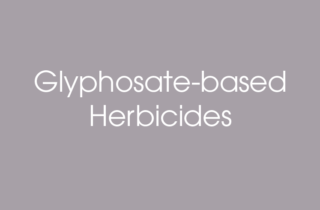Coalition Support Letter SB 258 to Assembly Committee on Labor and Employment
June 30, 2017
The Honorable Tony Thurmond
Chair, Assembly Committee on Labor & Employment
1020 N Street, Room 155
Sacramento, CA 95814
RE: SB 258 (Lara) – SUPPORT
Dear Chairperson Thurmond:
The undersigned organizations write to express our strong support for Senate Bill 258. This bill will require manufacturers of cleaning products to disclose the ingredients in their products on the label and on their website. It reflects the outcome of close negotiations between industry, workers, and NGO stakeholders, which achieves a balance that addresses a broad spectrum of concerns.
We use a wide array of scents, soaps, detergents, bleaching agents, softeners, scourers, polishes, and specialized cleaners for bathrooms, glass, drains, and ovens to keep our homes, schools, healthcare facilities and work places sparkling and sweet-smelling. But while the chemicals in those products foam, bleach, and disinfect to make our dishes, bathtubs and counter tops gleaming and germ-free, many also contribute to indoor air pollution, are poisonous if ingested, and can be harmful if inhaled or touched. In fact, some cleaners are among the most toxic products found in the home.
Cleaning ingredients vary in the type of health hazard they pose. Some cause acute, or immediate, hazards such as skin or respiratory irritation, watery eyes, or chemical burns, while others are associated with chronic, or long-term, health effects such as cancer.
The dangers of unknown chemicals are not just present at home, but in the workplace as well. In fact, janitorial workers and domestic workers, especially house cleaners, have higher rates of asthma, respiratory illnesses, and birth defects than other workers.
Unlike food, retail cosmetics and drugs, manufacturers are not legally required to disclose ingredients in most cleaning products. Without this requirement, consumers and other purchasers are not fully aware of what is in the cleaning products they buy.
Scientific studies have shown that toxic chemicals found in cleaning products have been detected in urine, breast milk, and blood – including the umbilical cord blood of newborns. Given the serious health implications of these toxic chemicals, we deserve to know what is in the products we use and are exposed to daily.
Unsafe chemicals in cleaning products can pollute the environment when sprayed in the air or washed down the drain. In fact, the United States Geological Survey found residual chemicals of laundry detergents in 70% of North American streams. This evidence demonstrates the current damage inflicted by these chemicals on the health of our ecosystem and the threat to our environment for future generations.
We all deserve to know what is in our cleaning products, so we can make educated decisions about what is safest for ourselves, our families, and employees in the workplace.
SB 258 provides a clear set of rules for workers, consumers, and companies on how ingredients should be listed on the package of the item being sold, as well as online. While this won’t solve all the exposure problems associated with cleaning products, this is a critical first step – one that Californians already think is current law.
We urge your support for SB 258.
Sincerely,
Breast Cancer Prevention Partners (formerly the Breast Cancer Fund) – Co-Sponsor
Environmental Working Group – Co-Sponsor
Women’s Voices for the Earth – Co-Sponsor
Supporting Organizations
American Congress of Obstetricians & Gynecologists (District IX) (ACOGIX)
Beautycounter
Blue Green Alliance
California Healthy Nail Salon Collaborative
California League of Conservation Voters
California Product Stewardship Council (CPSC)
California Public Interest Research Group (CalPIRG)
California State PTA
Clean Production Action
Coalition for Clean Air
Commonweal Biomonitoring Resource Center
Community Action to Fight Asthma (CAFA)
Consumer Federation of California
Clean Water Action
Courage Campaign
Friends of the Earth US
Meliora Cleaning Products
Natural Resources Defense Council
Pesticide Action Network North America
Physicians for Social Responsibility, SF Bay Area
Regional Asthma Management and Prevention (RAMP)
Service Employees International Union California
Seventh Generation
Sheet Metal Occupational Health Institute Trust (SMOHIT)
Sierra Club
Sierra Club California
Stop Waste
Types: Press Release




